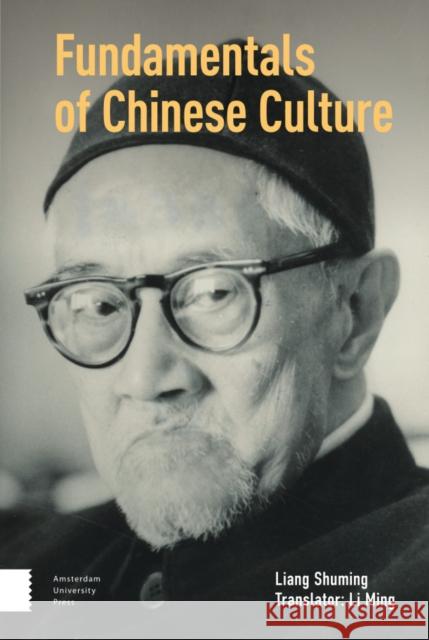Fundamentals of Chinese Culture » książka
topmenu
Fundamentals of Chinese Culture
ISBN-13: 9789463729659 / Angielski / Twarda / 2021
Fundamentals of Chinese Culture
ISBN-13: 9789463729659 / Angielski / Twarda / 2021
cena 825,84
(netto: 786,51 VAT: 5%)
Najniższa cena z 30 dni: 755,61
(netto: 786,51 VAT: 5%)
Najniższa cena z 30 dni: 755,61
Termin realizacji zamówienia:
ok. 16-18 dni roboczych.
ok. 16-18 dni roboczych.
Darmowa dostawa!
Kategorie BISAC:
Wydawca:
Amsterdam University Press
Język:
Angielski
ISBN-13:
9789463729659
Rok wydania:
2021
Oprawa:
Twarda
Wolumenów:
01
Dodatkowe informacje:
Bibliografia











